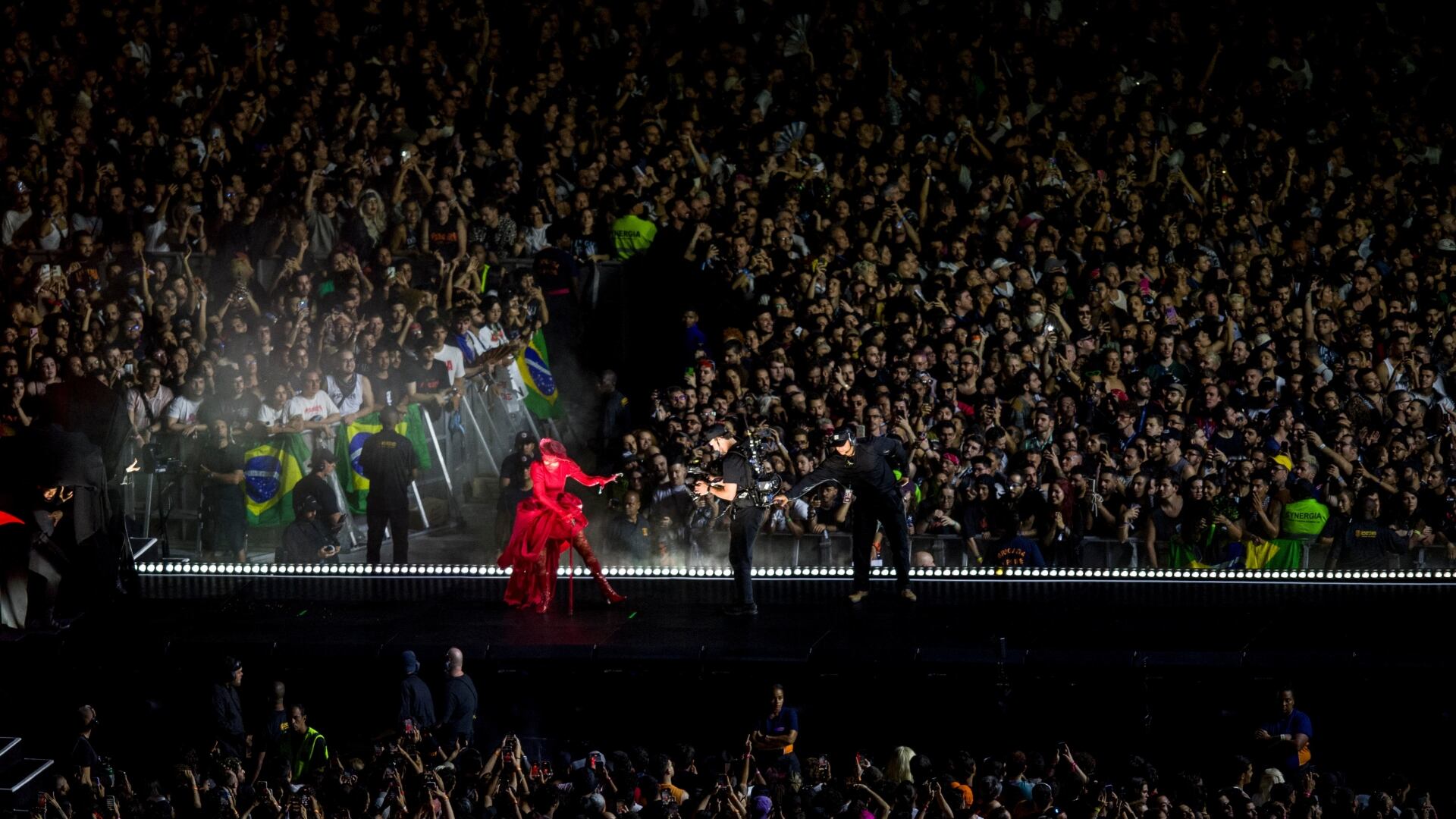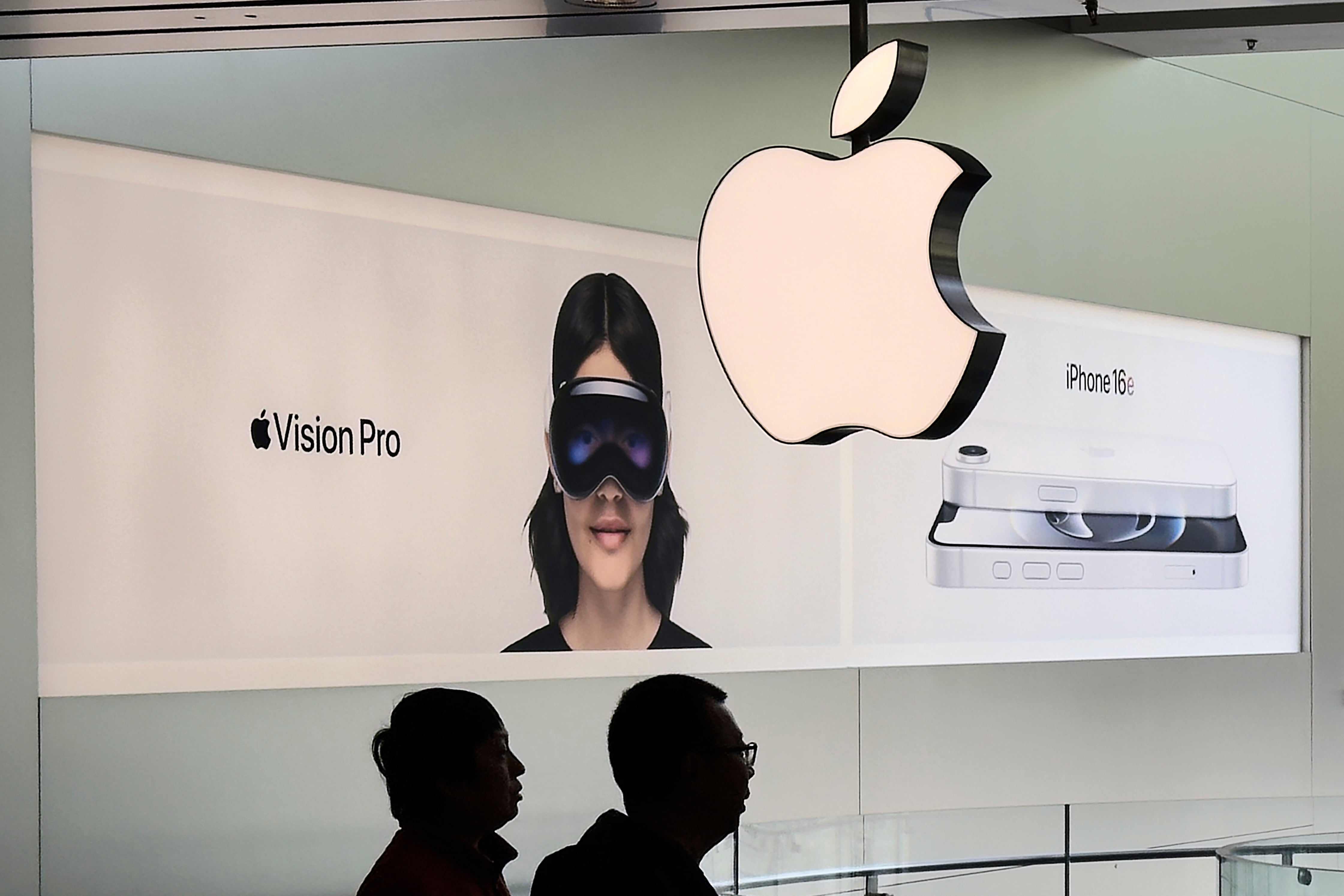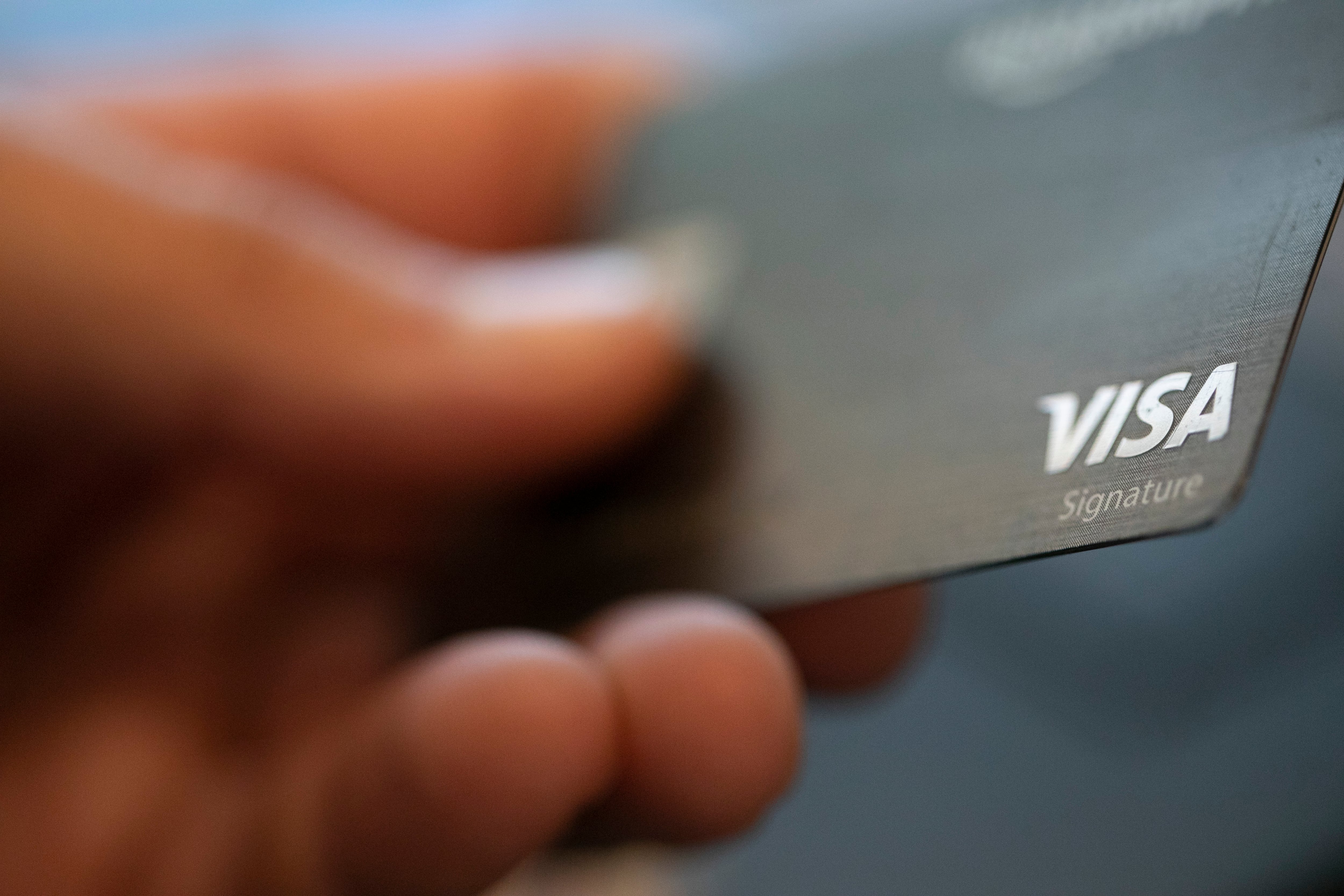While many are calling for regulation of Facebook and other social media platforms, getting there might be unrealistic, said David Kirkpatrick, author of "The Facebook Effect: The Inside Story of the Company That is Connecting the World.” “The problem is, this is a company that operates in over 190 countries, in probably 90 to 100 languages. And governments themselves are abusing it in many of those countries, so who do you allow to regulate it?” Kirkpatrick explained in an interview with Cheddar Friday. “The other thing is...exactly how you’d interface with these moment-to-moment decisions, many of them being made by algorithms. That’s just something that hasn’t been invented yet.” Last week, news broke that data company Cambridge Analytica harvested information on 50 million Americans off Facebook and sold it to President Trump’s campaign team during the 2016 election. Ever since, Facebook has been in the hot seat for allowing this kind of breach on its platform and not being transparent about this problem, which it reportedly learned about years ago. CEO Mark Zuckerberg finally broke his silence on Wednesday after days of silence, saying -- among other things -- that the company would be open to government oversight. While Zuckerberg’s statement and public appearance may have been a step in the right direction, it did not do enough to quell user concern, said Kirkpatrick. For a CEO, “you don’t wait five days to come out when you have a crisis.” “They really don’t get it even now,” said Kirkpatrick. “I honestly think that Facebook is embarrassing the entire tech sector.” Kirkpatrick said that much of the company’s overall tone deaf approach to the crisis is derived from an arrogance that runs through the company. “They just think they’re better than everybody else,” he said. “They’re more successful than anybody else, they think that they are doing better for the world than anybody else, and they’re definitely richer than anybody else. “And what that leads them to conclude is that the rest of us just don’t get it...That is the way they think inside Facebook, and it’s really causing them to make a series of very wrong strategic decisions about how to handle this crisis.” Facebook shares were down nearly 14 percent this week, their biggest drop since July 2012. For the full interview, [click here](https://cheddar.com/videos/future-of-facebook).












